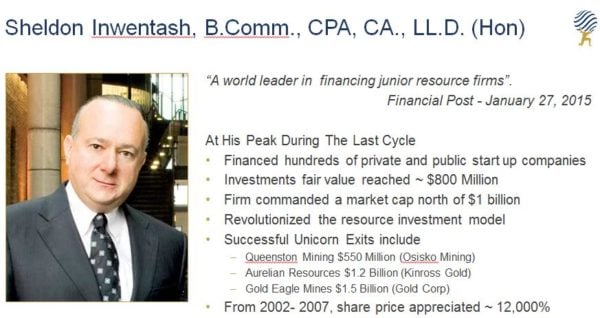In 2017 we are not short of new concepts claiming to be innovations in technology and the next big thing. Despite that, few have made as much of an impact as blockchain. Often described as a distributed database, blockchain gives professionals a means to securely store data in ordered records that update in real time. While it is often overshadowed in the news by the technology it powers, such as Bitcoin, blockchain is revolutionising the way vital information is stored and accessed.
The rise of cryptocurrencies has allowed blockchain technology to flourish, and its role as a public ledger is proving fundamental to the success of Bitcoin. The peer-to-peer network and timestamping server that makes up Bitcoin’s blockchain allows it to track every transaction on the currency in real time. Digital currencies simply wouldn’t work without it.
New use cases
Blockchain first emerged as a ledger for Bitcoin in 2008, yet the original creator of the technology remains unknown. The individual widely cited as its creator is Satoshi Nakamoto, yet this is likely a pseudonym and possibly refers to more than one person.
It was primarily introduced to fix the issue of ‘double-spending’, a technical flaw that allowed people to transfer the same digital tokens multiple times. Yet it also allowed for a decentralised currency, free from government oversight and layers of bureaucracy.
Although it’s early years were tied to Bitcoin, it became quickly apparent that a public ledger could be applied to many other industries. It’s incredibly secure, fault tolerant systems are able to store data in a decentralised way, providing a ‘neutral’ place to house highly sensitive data, such as identity information and insurance records.
The rise of blocks
As the name suggests, Blockchain systems are organised into ‘blocks’, each one carrying a unique timestamp that can be linked back to an older block. That’s incredibly useful for industries where it’s essential to be able to track information by time and event.
Another great thing about blockchains is that they’re often highly resistant to editing. This means that once data has been recorded in a block, it can’t be retroactively changed. While normally this would be frustrating, it provides a means to accurately verify transactions. Creators of Blockchains are also able to configure them to trigger transactions automatically, increasing the efficiency and accuracy at which data is processed.
More affordable and efficient
As a decentralised type of public ledger, blockchains are commonly operated through thousands of global computers. Thanks to this, users are able to organise and audit information quickly and efficiently. In most scenarios, people running and using blockchain systems take collaborative approaches and may have common aims.
If you work in the financial services sector, for example, your main intention is to ensure that you have a safe, secure way to store and process customer transactions. A physical file room may have dominated in the past, but with technology like blockchain, you can process timely data more accurately.
Blockchain could also bode for more affordable financial processes and diminish the chance of fraudulent activity at the same time. Such systems are mainly in the experimental phase right now, but they’re always advancing and we’ll no doubt see more use cases come to light in the foreseeable future.
Public vs private
Much like the field of cloud computing, the function and implementation of blockchain can vary significantly depending on whether it’s designed to be public or private. The primary distinction between these types comes down to who can access a system.
Public
Public blockchains operate a shared network that allows anyone to maintain the ledger and participate in the execution of blockchain protocol – in other words, authorise the creation of blocks. It’s essential for services such as Bitcoin, which operates the largest public blockchain, as it needs to encourage as many users as possible to its ledger to ensure the currency grows.
Public blockchains are considered entirely decentralised, but in order to maintain trust, they typically employ economic incentives, such as cryptocurrencies, and cryptographic verification. This verification process requires every user, or ‘node’, to solve increasingly complex and resource intensive problems known as a ‘proof of work’, in order to stay in sync.
This means public blockchains often require immense computational power to maintain the ledger, which only worsens as more nodes are added, and predicting how much that will increase is difficult. Given the number of voices in the community, it’s also incredibly difficult to reach a consensus on any technical changes to a public blockchain – as demonstrated by Bitcoin’s two recent hard forks.
Private
Private blockchains arguably go against the spirit of the original concept. They’re entirely centralised within an organisation and enforce strict write permissions to only authorised users, although this may be in the form of existing members authorising a new entrant, or a regulatory body granting access.
They’re far more useful to a business over a shared public ledger, as they’re able to implement the technology into areas that require data to be hidden. They also typically offer permissioned based access, so that only those participating in a transaction will be able to see it recorded on the blockchain.
Having fewer users on the blockchain means transactions are typically much cheaper, as they require only a fraction of the computational power to fully verify. That smaller user base also ensures that any faults can be fixed almost immediately, and any technological improvements can be approved and implemented at a pace that fits the business.
Source: http://www.itpro.co.uk/security/28031/what-is-blockchain-4





 DreamTeam
DreamTeam






